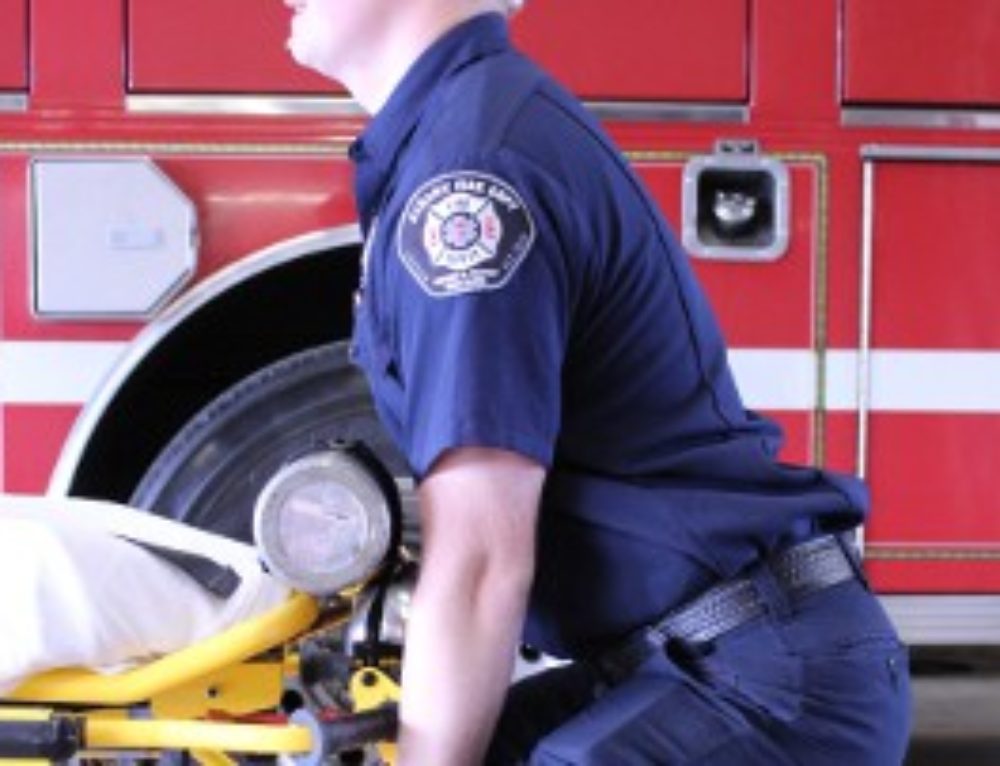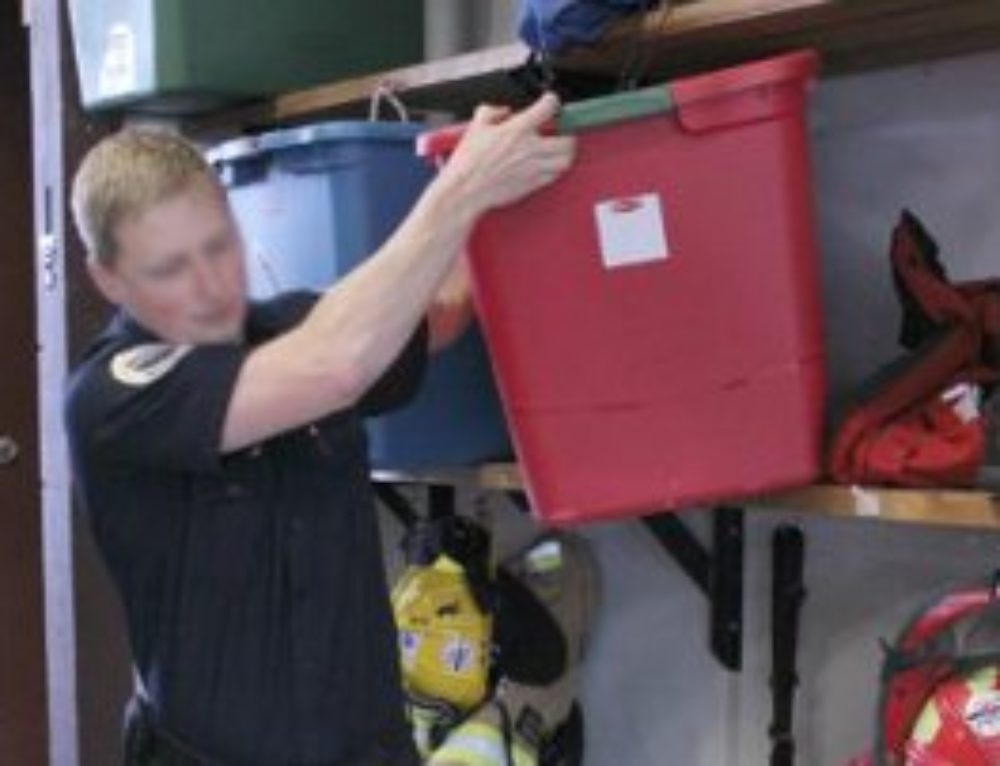For the past month I’ve been talking about different types of exercise regimes – whether I recommend them for firefighters and what their pros and cons are. I’ve written about yoga/pilates, P90X, circuit workouts and high intensity interval training. Tons of firefighters have weighed in too, so head over to the comments sections to get some great insight from your peers.
Today I’m going to talk about endurance training. Examples of endurance training are: running, cycling, swimming and rowing. Typically the exercise bout lasts an hour or more and is predominantly moderate intensity.
Endurance events such as marathons and triathlons have exploded in popularity in the past decade. People tend to get more motivated to exercise when they have something to train for (and a deadline.) My husband competes in the Firefighter Stairclimb event in Seattle every year and he always starts working out harder and more often a few months before the climb.
So, aside from the fact that endurance training improves aerobic fitness, there are two great things about it: 1) there are events to compete in, which can be motivating; 2) they are typically outside, which has benefits for your mental health.
One downside to long distance running is that it involves a lot of repetitious impact on the ankles, knees, hips and back, which makes these joints more susceptible to injury. Firefighters already have an injury rate that is 4 times higher than other physically demanding professions (construction, agriculture, etc.) so you don’t want to increase injury risk even more.
Another concern is that spending hours upon hours doing the same form of exercise can cause you to be too narrow in your fitness. So, since firefighters need to possess all the components of fitness, I would recommend triathlon training if you’re an endurance enthusiast. You’ll be putting in fewer miles running, plus the upper body power required in swimming and the lower body power required in biking combines nicely into a more well-rounded full body workout. Rowing is also a full body workout.
If your main form of exercise is endurance training, even if it is triathlon training or rowing, I would still recommend supplemental strength training since firefighters need to be very strong. Just like the name alludes, endurance training improves (muscular and aerobic) endurance which is distinct from muscular strength.
What have been your experiences with endurance training? How do you think it has affected your job performance and/or injury risk?
If you’re not on my list to get more health tips like these, enter your name and email below.





[…] introduced me to Fit for Duty Consulting and Dr. Karlie Moore. The first post I read was “Should firefighters run for exercise?” I am looking forward to reading more from Dr. […]
Great reminder to keep things well balanced! Too many of us gt stuck in the exact same routine and then wonder why no progress is made. I also like to try new activities, such as stand up paddle-boarding, yoga, wake-boarding, I think the “studies” show this to be good for both mind and body. Keep up the good work Karlie!
I find that instead of running I walk on a treadmill at an incline steep enough & at a fast enough pace to get my heart rate up (& keep it up) to where it would be when I run.
The old adage…”You get what you train for” is applicable here. And of course…”Variety is the spice of life”…Too much of anything isn’t good for you. Respectfully, FF-/EMT. John Celestino PT, GCS, MTC, OCS, CSCS. Spokane County Fire Dist 8.